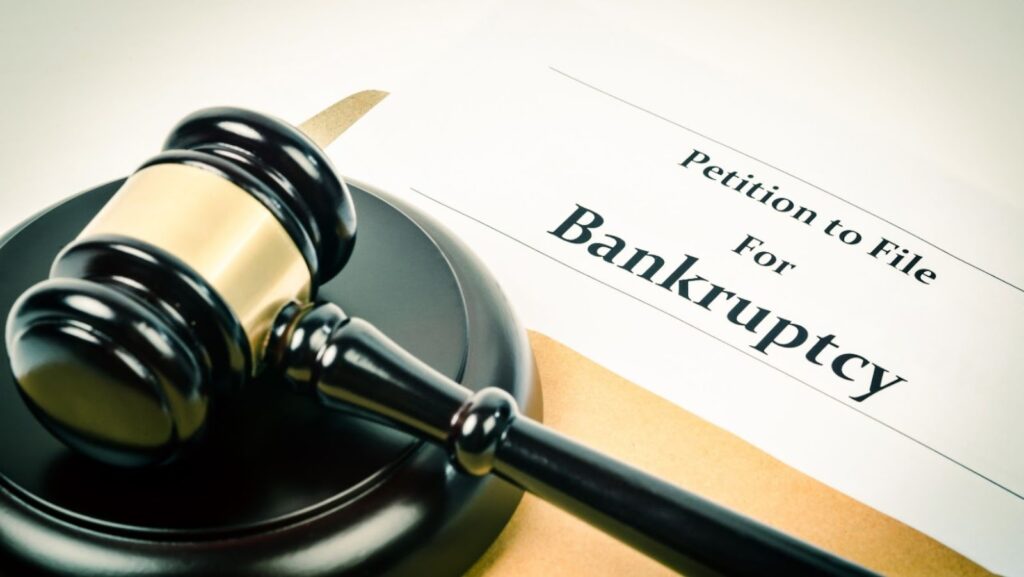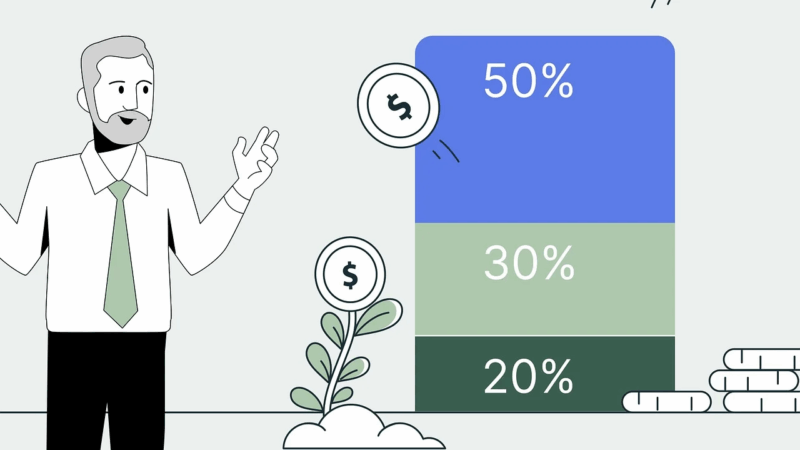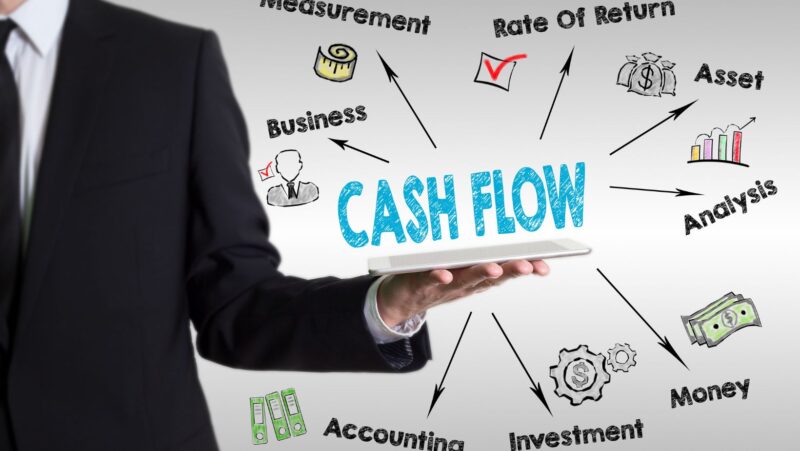
Bankruptcy is something that many people fear due to the stigma associated with bankruptcy only being filed by those who are struggling financially. However, bankruptcy may be a helpful next step if you have financial issues or you are behind on your rent. There’s no shame in filing bankruptcy and starting over as long as you understand the limits of bankruptcy and what your personal record may look like after a bankruptcy is filed.
In this article, we will give you information about bankruptcies and how they may be helpful when it comes to dealing with an eviction. Additionally, we’ll detail if bankruptcies may stop an eviction, when bankruptcy may be most useful, and if there is anything a landlord can do to prevent a bankruptcy from slowing or stopping the eviction process.
Read on for everything you need to know.
Will a Bankruptcy Stop an Eviction?
Filing for bankruptcy can help stop an eviction, though this is very situation-dependent. First, if your landlord has already completed the eviction case process in court and received a judgment against you that calls for an eviction, bankruptcy will be too late to stop this process.
However, if you are struggling with debts or other issues and you file for bankruptcy ahead of your landlord filing for eviction, there is a chance that you will be able to clear your debts and find a new place to live or enroll in a court-approved payment plan. Which option is best for you is determined by the type of bankruptcy you file.
How do Eviction Cases Work?
In the majority of states, before an eviction is started, your landlord must file a state eviction court case and win a judgment against you. They will need to prove that you have violated the lease agreement or otherwise need to be evicted, and the process varies with each state. As your landlord files, you will receive a copy of the notice, and if you choose to file a response, you will receive a trial date.
During the trial, the landlord will present their case against you, and you will be allowed to respond. If the landlord is successful in their case, they will receive an eviction judgment from the court that allows them to evict you – this judgment must be obtained before an eviction can be completed.
It’s important to note that if you’ve already had an eviction judgment served to you, bankruptcy likely won’t slow or stop the process. So you must act fast and file bankruptcy before an eviction judgment is awarded to your landlord.
How Bankruptcy Stops an Eviction
There are two types of bankruptcy you can file to deal with an eviction – Chapter 7 and Chapter 13. In both eviction types, an automatic stay will be placed on your record that stops creditors from pursuing lawsuits and pending eviction cases.

Below are the two main types of bankruptcy individuals can file that may stop or postpone an eviction.
Chapter 7 Bankruptcy
Chapter 7 bankruptcy typically results in the stay remaining in place throughout the eviction case and as you complete the bankruptcy process or until your landlord wins a case in bankruptcy court that asks for an automatic stay to be lifted.
Most Chapter 7 cases last around four months, so that’s the most you may be able to delay an eviction. You may need to find somewhere else to live after your bankruptcy is completed, depending on state regulations and the terms of your bankruptcy.
Chapter 13 Bankruptcy
With Chapter 13 bankruptcy, you will have a court-ordered payment plan to pay back your rent and negotiate with your landlord terms to postpone (or withdraw) the eviction and remain in the property. The time period to pay back the rent is generally 30 days, though this is situation dependent. If you can’t reach a settlement with your landlord during Chapter 13 bankruptcy or you can’t pay back all of your rent in the given time, you may need to find somewhere else to live.
It’s important that you receive an automatic stay from bankruptcy before your landlord files for eviction, as the stay stops pending eviction cases, not completed ones. If your landlord already has an eviction judgment against you, they are free to evict you regardless of whether you filed for bankruptcy or not.
Are There Any Exceptions?
Depending on how many times you’ve filed for bankruptcy and your state’s rules, the automatic stay that comes with bankruptcy might last for only 30 days or not apply at all. You may be able to petition the court for an extended stay, but you will most likely need to demonstrate that any previous bankruptcy filings were needed and not done to simply avoid debts.
Additionally, some states allow evictions to be stopped after you’ve filed for bankruptcy, even if your landlord already possesses an eviction judgment against you. You will need to consult with a bankruptcy lawyer and ensure your state allows this, in addition to figuring out what requirements need to be fulfilled to catch up on your rent and stop the eviction from being completed.
Will Emergency Bankruptcy Stop an Eviction?
Emergency bankruptcies are those that are filed online anytime. They allow individuals to file for bankruptcy quickly and without filling in every necessary form. Once you submit your emergency bankruptcy, the court will place an automatic stay, and you will usually have 14 days to finish filing for bankruptcy. From there, you must work with your landlord and the bankruptcy court to determine your next steps.
Make sure you file the remaining documents by the deadline, or the automatic stay will be lifted, and your eviction case will proceed.
Can Landlords Fight Eviction Automatic Stays?
Landlords can fight eviction stays by requesting a lift of the automatic stay in bankruptcy court and filing a motion to continue with eviction proceedings. The court is likely to grant this request unless you can present serious evidence and a good reason why the eviction process should continue to be paused.

In cases where the landlord thinks you are violating the lease terms, putting the property in danger, or engaging in illegal activities on the property, there is a very good chance that the eviction case will proceed in court, regardless of your bankruptcy filing.
Using Bankruptcy When You Need it
Bankruptcy isn’t something people are excited to file, but sometimes it is necessary to stop evictions and get your financial situation under control. Make sure to consult with a bankruptcy lawyer if you have questions about this process and whether or not it will help with your eviction situation for more details and state-specific information.
You can also check your records online to see what they may look like to others after you’ve filed for bankruptcy. It’s important to stay informed of this as you progress through your next steps of finding a place to live, taking out loans, and repairing your financial history.










